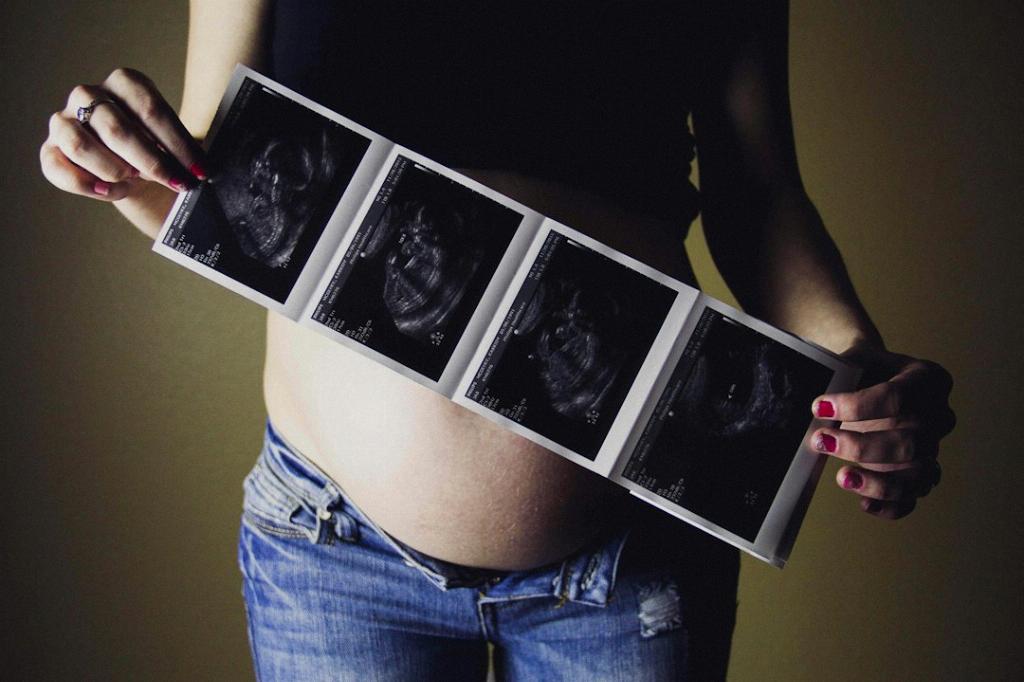First trimester nausea, commonly known as morning sickness, is a prevalent symptom experienced by many pregnant individuals. It typically begins around the sixth week of pregnancy and can last until the end of the first trimester.
When Does First Trimester Nausea Improve?
Research suggests that for most people, morning sickness starts to improve around the 13th week of pregnancy. This marks the completion of the first trimester and a potential relief from the persistent nausea and vomiting.
Extended Symptoms into the Second Trimester
While the majority of individuals find relief from morning sickness by the end of the first trimester, some may experience lingering symptoms as they enter the second trimester. This period, spanning from weeks 14 to 27 of pregnancy, can still involve bouts of nausea for certain pregnant individuals.
Rare Cases of Prolonged Morning Sickness
Although uncommon, there are instances where morning sickness may persist beyond the first trimester and into the later stages of pregnancy. In such cases, it is important to consult with a healthcare provider for appropriate management and guidance.
Individual Variations in Symptom Duration
It is important to note that the duration and severity of first trimester nausea can vary widely among different individuals. Factors such as hormonal fluctuations, overall health, and genetic predispositions can all contribute to how long morning sickness lasts.
Coping Strategies for Morning Sickness
For those experiencing prolonged first trimester nausea, various coping strategies can help alleviate symptoms. These may include eating small, frequent meals, staying hydrated, getting plenty of rest, and exploring alternative therapies like acupressure or ginger supplements.
Medical Intervention for Severe Cases
In cases where morning sickness becomes severe and significantly impacts daily life and nutritional intake, medical intervention may be necessary. Healthcare providers can prescribe appropriate medications or recommend other interventions to manage symptoms effectively.
Emotional Support during Morning Sickness
Coping with persistent nausea during the first trimester can be emotionally challenging. It is essential for pregnant individuals to seek support from their partners, family members, and healthcare providers to navigate this phase with reassurance and guidance.
Monitoring Symptoms and Seeking Guidance
Throughout the first trimester and beyond, it is crucial to monitor symptoms closely and communicate any concerns with healthcare professionals. Regular check-ups and open communication can ensure appropriate management of morning sickness and related issues.
Embracing the Transition to the Second Trimester
As first trimester nausea gradually improves or resolves around the 13th week of pregnancy for most individuals, it marks a significant transition to the second trimester. Embracing the changes in symptoms and bodily adjustments can help pregnant individuals navigate this period with greater ease.
Final Thoughts on First Trimester Nausea
While the exact week when first trimester nausea goes away can vary for each individual, the general consensus is around the end of the first trimester. By staying informed, seeking support, and prioritizing self-care, pregnant individuals can manage morning sickness effectively and embrace the journey of pregnancy with confidence.
Consultation with Healthcare Providers
For personalized guidance on managing first trimester nausea and addressing specific concerns related to pregnancy symptoms, it is advised to consult with healthcare providers who can offer tailored recommendations and support throughout the prenatal journey.

